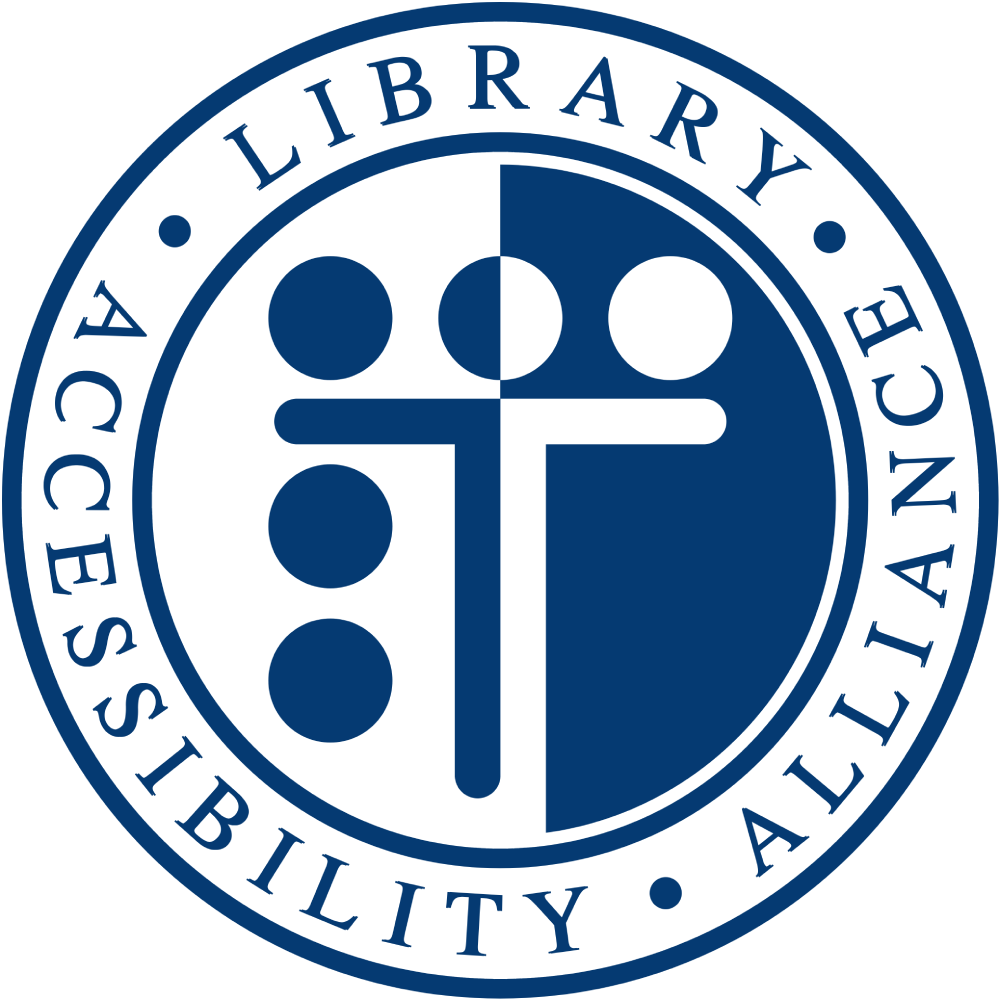As a provider of library digital information, technology, or digital content, we are writing to share information about the recent Department of Justice (DOJ) ADA Title II ruling (brief fact sheet). The ruling was added to the Federal Register on April 24, 2024. Most institutions are expected to be in full compliance with the new rules by April 24, 2026.
The ruling requires that digital assets used in public entities, including most libraries, K-12 schools, and many higher education institutions, must meet the W3C’s Web Content Accessibility Guidelines (WCAG) 2.1 Level AA. WCAG is a globally recognized minimal digital accessibility standard.
As consumers of your product(s), we request your assistance in meeting our obligations under ADA Title II so we can continue our business relationships with you.
Meeting WCAG 2.1 AA gives libraries the ability to serve all patrons including people with disabilities. Most people will experience a disability at some point in their life, with one large research university reporting nearly 50% of the student population having a diagnosed disability. While we recognize that each library partner has different structures and procedures, we respectfully request you consider the following steps if you have not already:
- Set goals to meet WCAG 2.1 AA. For your product team(s), develop processes and educate each person to incorporate accessibility considerations throughout the design, development, documentation, and maintenance cycles.
- Ensure all content complies with accessibility standards. For libraries, all content—including conventional electronic documents like PDF files—must conform to WCAG 2.1 AA guidelines. If you aggregate content from other publishers, our contractual relationship requires that all such content also complies with these legal standards. Consider having conversations with and including accessibility clauses in your agreements with content providers.
- Prioritize born-accessible content. Encourage content providers to provide digital born-accessible content upfront. By prioritizing born-accessible content, vendors and libraries are more effectively positioned to address additional access concerns and provide quick turnaround times for accommodation requests. Consider Benetech’s Born Accessible Initiative certification program.
- Include accessibility-related language in contracts. The language should stipulate that your product(s) meet WCAG 2.1 AA for U.S. contracts. The language should also include how you will effectively communicate changes that affect the accessibility of your product(s), how libraries may communicate accessibility concerns, and the expected vendor response time.
- Provide a dedicated accessibility contact. Accessibility contact information should be publicly available. Responses and problem resolution should be clear and timely, where timely was proposed by the ADA as five business days.
- Include public accessibility statements. Accessibility statements help libraries determine a level of risk in doing business with you and signals a desire to be a partner to meet legal requirements. Accessibility statements, per product, should provide contact information, list what technologies are required to use it, and list known limitations (issues that you are aware of but which have no current solution). ASPIRE may be a helpful resource for you to review.
- Publish accurate ACRs and accessibility remediation roadmaps. An Accessibility Conformance Report (ACR) is a completed Voluntary Product Accessibility Template (VPAT). ACRs should be provided with each version of the product released and are snapshots of the product’s state of accessibility. Include what components were tested, and whether extensions or additional features are included or have a separate ACR. We request technical experts to audit and document product strengths and weaknesses honestly rather than the work be done by a marketing or sales team.
We believe that, beyond legal compliance, all academic libraries are committed to ensuring successful academic and employment experiences for disabled individuals. Given the ubiquity of digital technology in postsecondary education, this commitment requires an environment where libraries and their partners take both a sense of responsibility for digital accessibility and a sense of pride in its effective implementation.
The Library Accessibility Alliance (LAA) represents 7 academic library consortia composed of nearly 200 academic libraries across the country. We need your help in meeting our legal and ethical obligations. We would happily collaborate with you to support your efforts for equitable access to your products. Please let us know how we can contribute to this work.
With regards,
The Library Accessibility Alliance (LAA)
 Library Accessibility Alliance
Library Accessibility Alliance